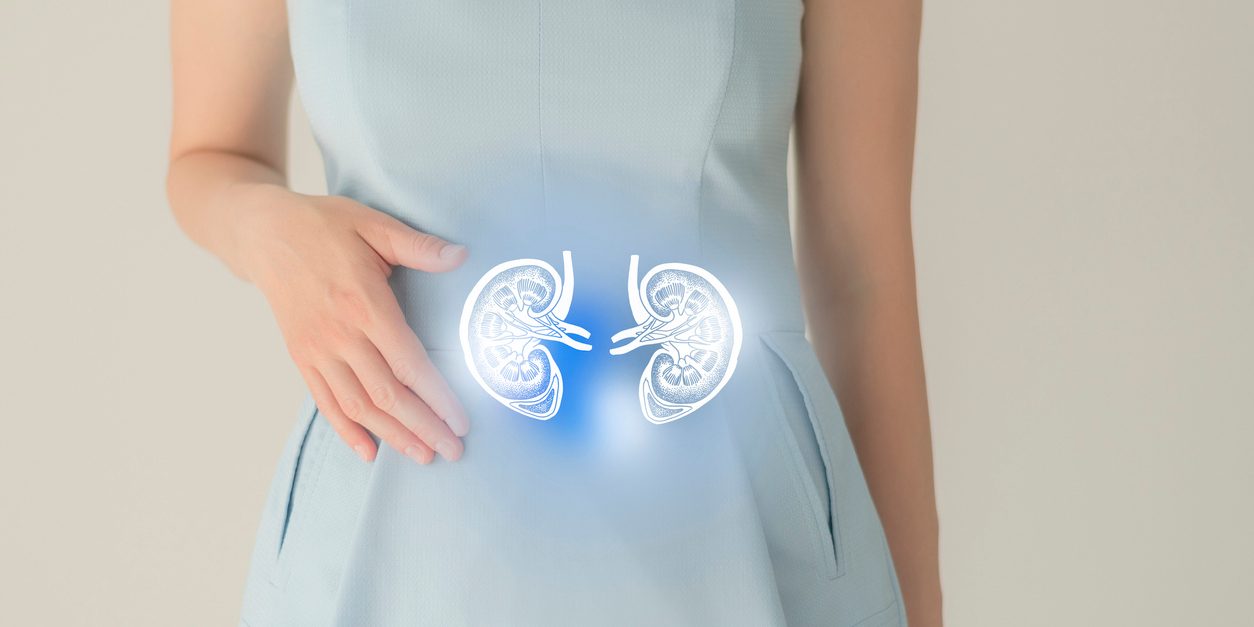
carDIovaScular and renal outCOmes in patients recoVERed from AKI (DISCOVER)
Background
Acute kidney injury (AKI) is caused by a loss of kidney function. This leaves the body unable to remove waste products, and balance water and electrolyte levels effectively.
Some people with AKI may experience it short-term and recover their kidney function. For others, AKI may progress further and develop into chronic kidney disease (CKD), especially for those who have other co-existing conditions that require treatment. People who have recovered from AKI, however, have an increased risk of other health problems or even having AKI again in the future.
A new class of oral anti-hyperglycaemic drugs, called sodium glucose co-transporter 2 (SGLT2) inhibitors, were initially used in the treatment of T2DM. They work by increasing the removal of glucose, and in turn lowering blood glucose levels.
There is now a growing amount of research evidence to show SGLT2 inhibitors have additional benefits in people who are at risk of cardiovascular and kidney disease. SGLT2 inhibitors have been shown to reduce the progression of kidney disease and death from kidney and cardiovascular causes. These SGLT2 inhibitors therefore show a protective effect in people whose kidney function is impaired.
Currently there is no evidence whether SGLT2 inhibitors provide a continued kidney-protective effect in people with sufficient recovery from AKI.
Aim
To assess the feasibility of this trial. The trial will be considered feasible if the total number of participants are recruited, they remain in the trial and on the allocated treatment for the 12-week duration and complete the follow up schedule.
Research Methodology
This is a pilot, multicentre, feasibility, double-blind, parallel group, phase III, randomised control trial. Initially two Australian kidney services will be involved, with plans to expand as required. Participants aged 18 years or older who have sufficient renal recovery from AKI (within the last 30 days) will provide consent. Consented participants will be randomised to receive either 10mg dapagliflozin (an SGLT2 inhibitor) or a matched control (one capsule daily) for 12 weeks. Participants will be followed up at various time points (6, 12 and 16 weeks) and have data collected from medical records, and blood and urine sample analysis.
Current Status
Human Research Ethics Committee approval and site-specific approvals for kidney services to be involved in the trial have been obtained. Recruitment of participants into the trial began in September 2023.
The project is in partnership with the Concord Repatriation General Hospital and Prince of Wales Hospital.





